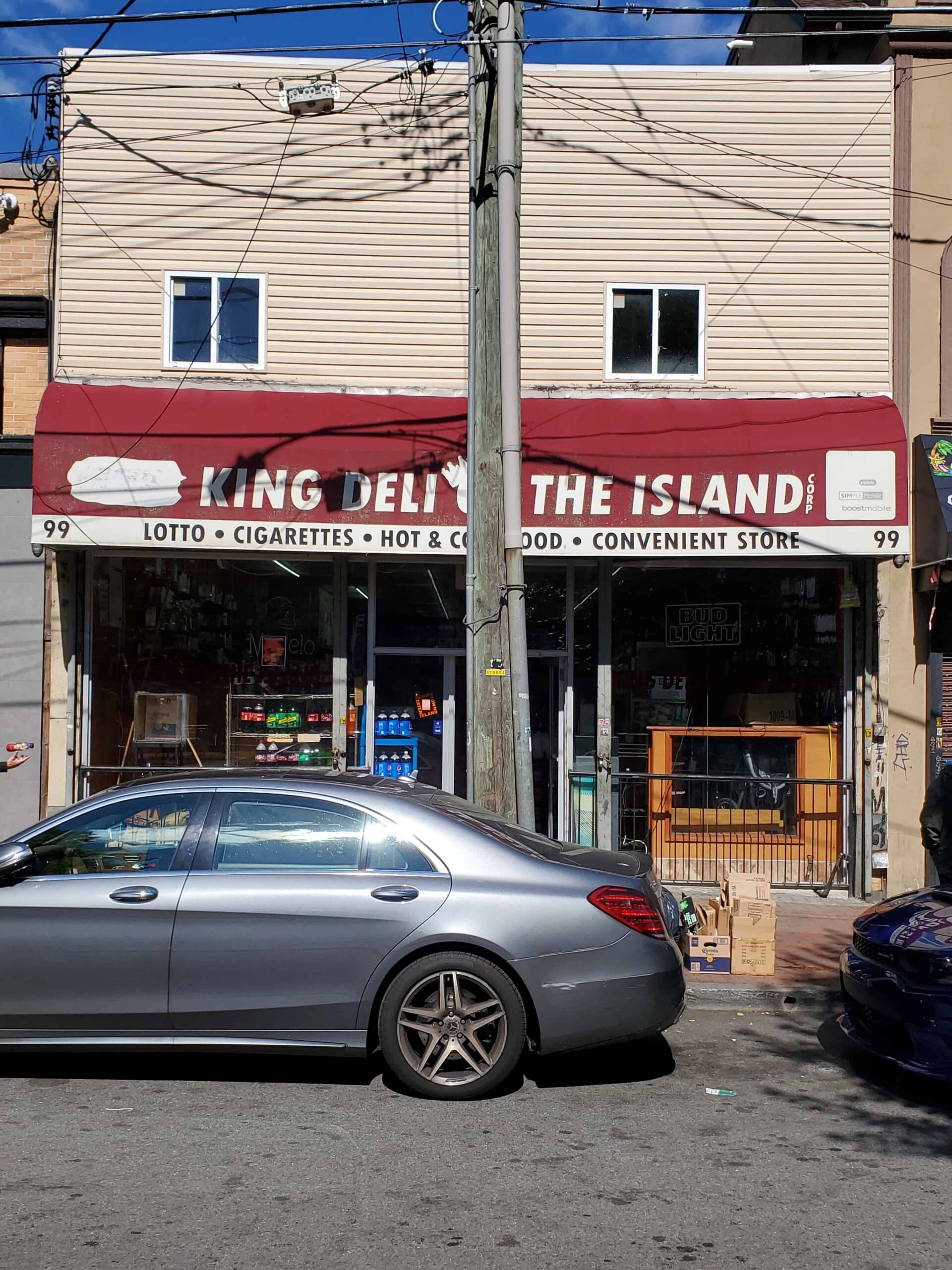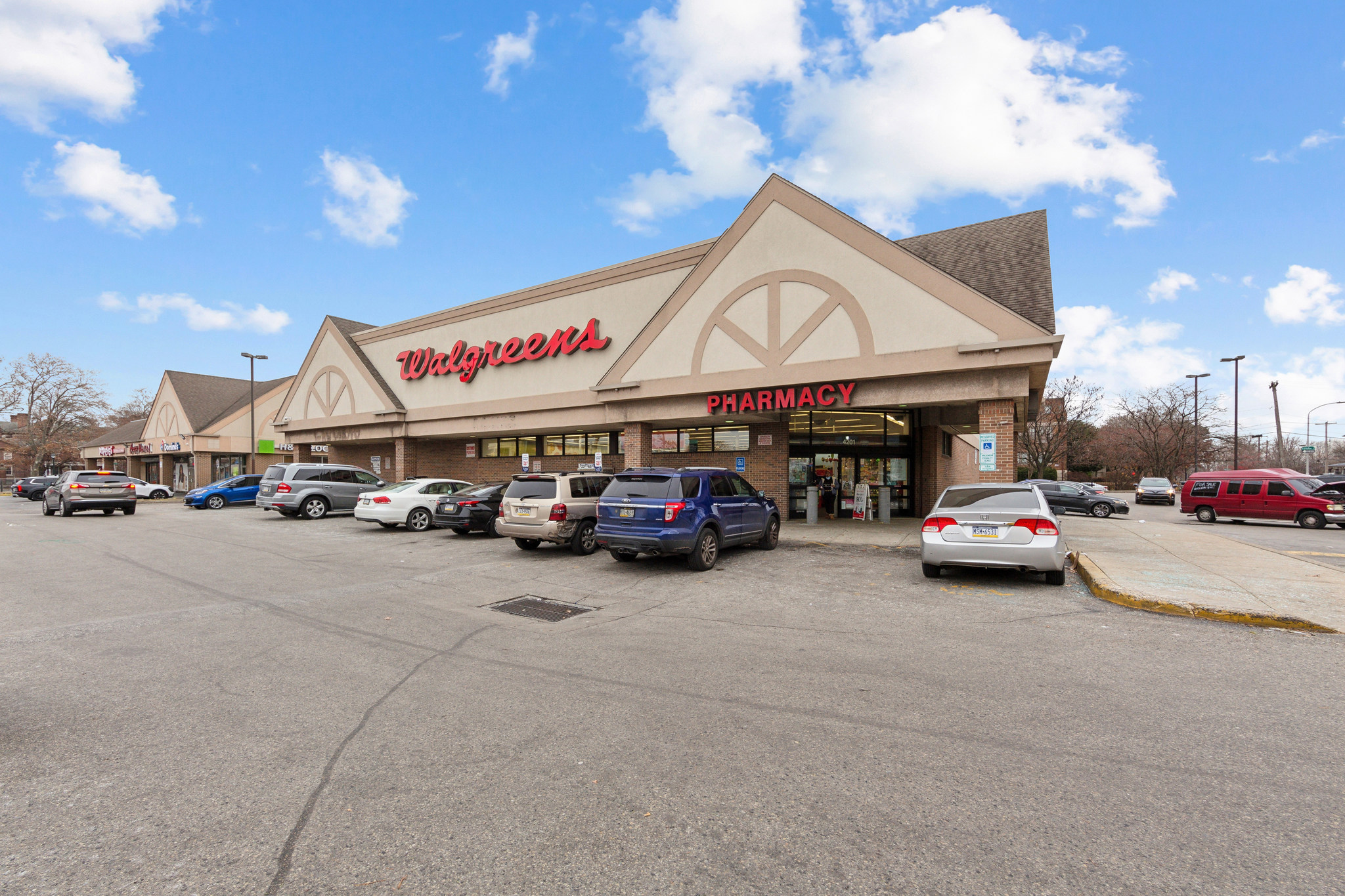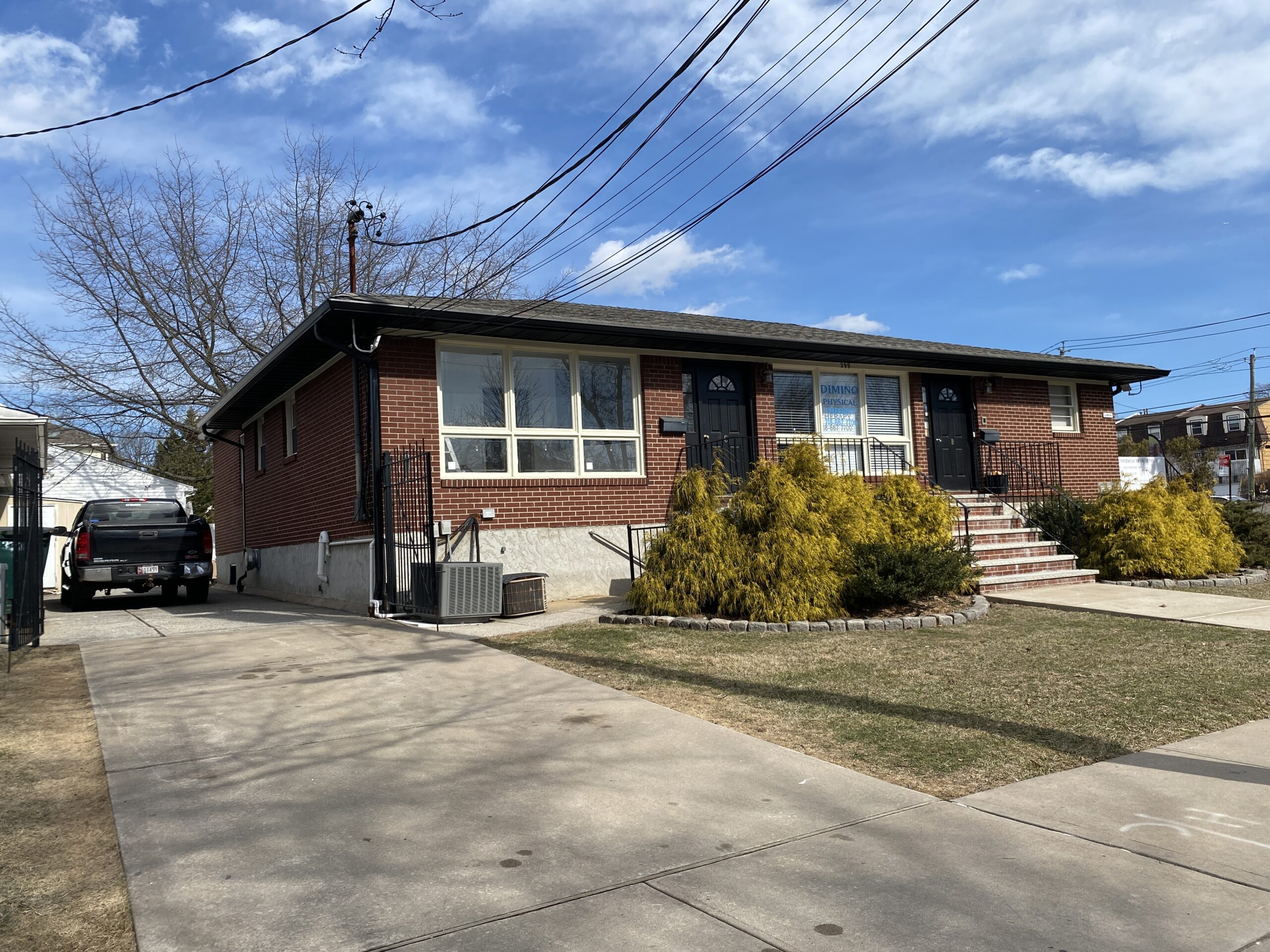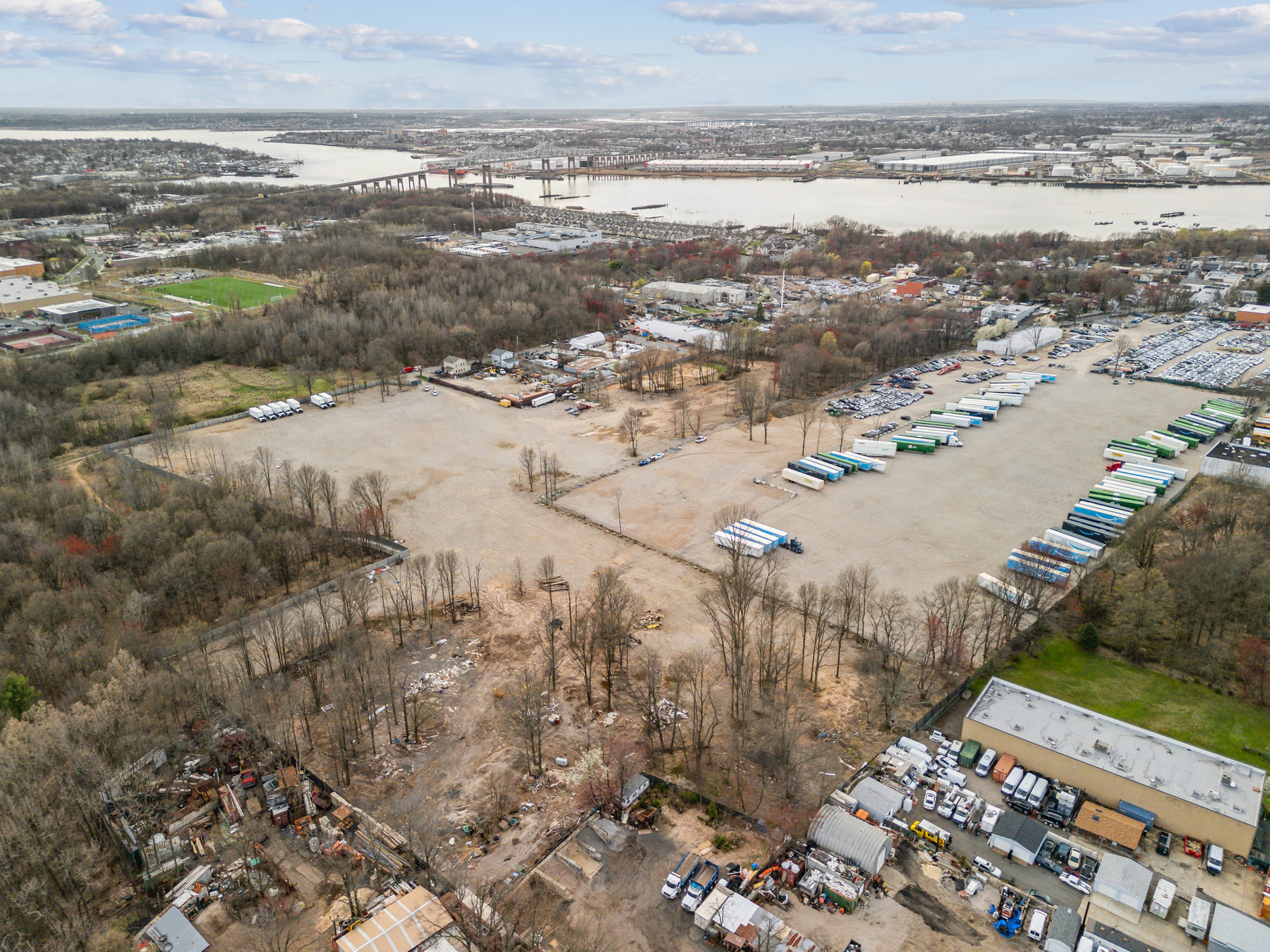1. Get Your Finances in Order
Finding an apartment that meets your budget is one of the most important steps in apartment hunting. With nearly 80 percent of American workers living paycheck to paycheck, getting into an apartment you can’t afford could be financially devastating.
Before you start shopping, sit down with your bank statements to fully understand your finances. Learn where you can start cutting back if necessary and put yourself on a practical budget. Then, determine how much you can comfortably afford to spend on rent each month.
However, remember to include all of the expenses involved with owning an apartment. Extra fees will be dictated by the landlord and what expenses or services they cover. Here are some examples:
Rent
Renter’s insurance
CAMs (common area maintenance fees)
Utilities (electric, gas, water, waste removal)
Internet, TV, Cable
Extra fuel costs
2. Find the Right Part of Town
Another important factor when apartment hunting is finding the right area of town to settle down in. The location you choose can have significant effects on your apartment experience and your life.
For example, different parts of town have different rent rates. Rent prices can vary by hundreds of dollars based on what neighborhood the apartment is in. Additionally, some neighborhoods are safer than others.
Think about your day to day convenience:
How close do you want to be to work?
Do you want to be near parks or playgrounds?
How close do you want to be to shopping and other amenities?
3. Figure Out Your Priorities
Before you start apartment hunting, it’s important to make a checklist of your wants and needs. Write the list, keeping your most important priorities at the top of the list.
Here are some priorities you should consider:
How big of an apartment do you want?
How many bedrooms and bathrooms?
Do you want your own laundry machines?
Is the apartment in the right school district for your kids?
What perks or amenities does the apartment come with (community pool, hot tub, fitness room, etc.)?
How are the kitchen appliances?
Does the apartment meet your budget?
Is the landlord reputable?
Does the apartment allow pets?
4. Prepare Your Documents
Once you know what your priorities are, you should start preparing the necessary documents potential landlords will want to see for your application. They’ll want a copy of your driver’s license as well as your most recent tax return papers. Most landlords will also request three months or more of your most recent pay stubs to ensure you can make your monthly payments.
Keep in mind, most apartments also charge an application fee, so don’t apply unless you’re sure of your decision. If your application is accepted, you’ll most likely need to provide a deposit and the first month’s rent in cash or check. The deposit is often equal to one month’s rent.
5. Take Apartment Tours
Pictures can be deceiving. Realtors and landlords can use this to their benefit to make homes and apartments look bigger, more open, or of higher quality. That’s why it’s important to take tours of any apartments you’re considering applying for.
Even if you’ve already seen a handful of apartments, it’s important to see each rental property in person. In-person, you can see what the environment around the apartment building is like. You’ll also be able to pick up on any unpleasant odors that can’t be detected by looking at pictures.
Finally, this will give you a chance to check out any appealing amenities such as a pool or fitness room. You’ll be able to determine if these perks are worth the extra cost.
6. Don’t Skimp on the Apartment Inspection
Once you’ve signed a lease agreement, you’ll be given anywhere from 24 hours to a week to report any preexisting damages. If you find anything, you need to notify your landlord immediately and document the damages with pictures and an official email or letter. This is vital for avoiding extra charges for damages you didn’t cause when you go to move.
Before you move any possessions into the apartment, thoroughly inspect each and every room. Here’s a quick checklist of things to inspect:
Appliances
Outlets
Switches
Faucets and showers
Heating, cooling, and thermostat
Trim, walls, floors, and windows
Leaky pipes
Water damage
Carpet stains
Remember, even though it will be tedious, if you miss any damages, you will be held liable for them at the end of your lease.
7. Read the Lease Agreement Thoroughly
Finally, make sure you read the lease agreement thoroughly. When apartment hunting, you have to make sure you’re thinking long-term, rather than allowing yourself to get excited about a luxurious apartment or access to a pool.
You need to completely understand the terms of the lease agreement, including:
Pet policies (extra deposits, higher rent, etc.)
What utilities are covered
HOA fees
Length of the lease
Renewal policies
Late rent fees
Eviction policies
Noise restrictions
Rent adjustments
If you have any questions or concerns, make sure you address them when signing the final lease documents. The landlord or rental agency should be more than willing to answer your questions or help you better understand the lease agreement.
Want More Apartment Hunting and Home Buying Tips?
If you need more help with apartment hunting, you’ve come to the right place. Use our site to find properties in your area. You can also check out some of our other articles for more tips and advice about renting or buying real estate.







Leave a Comment